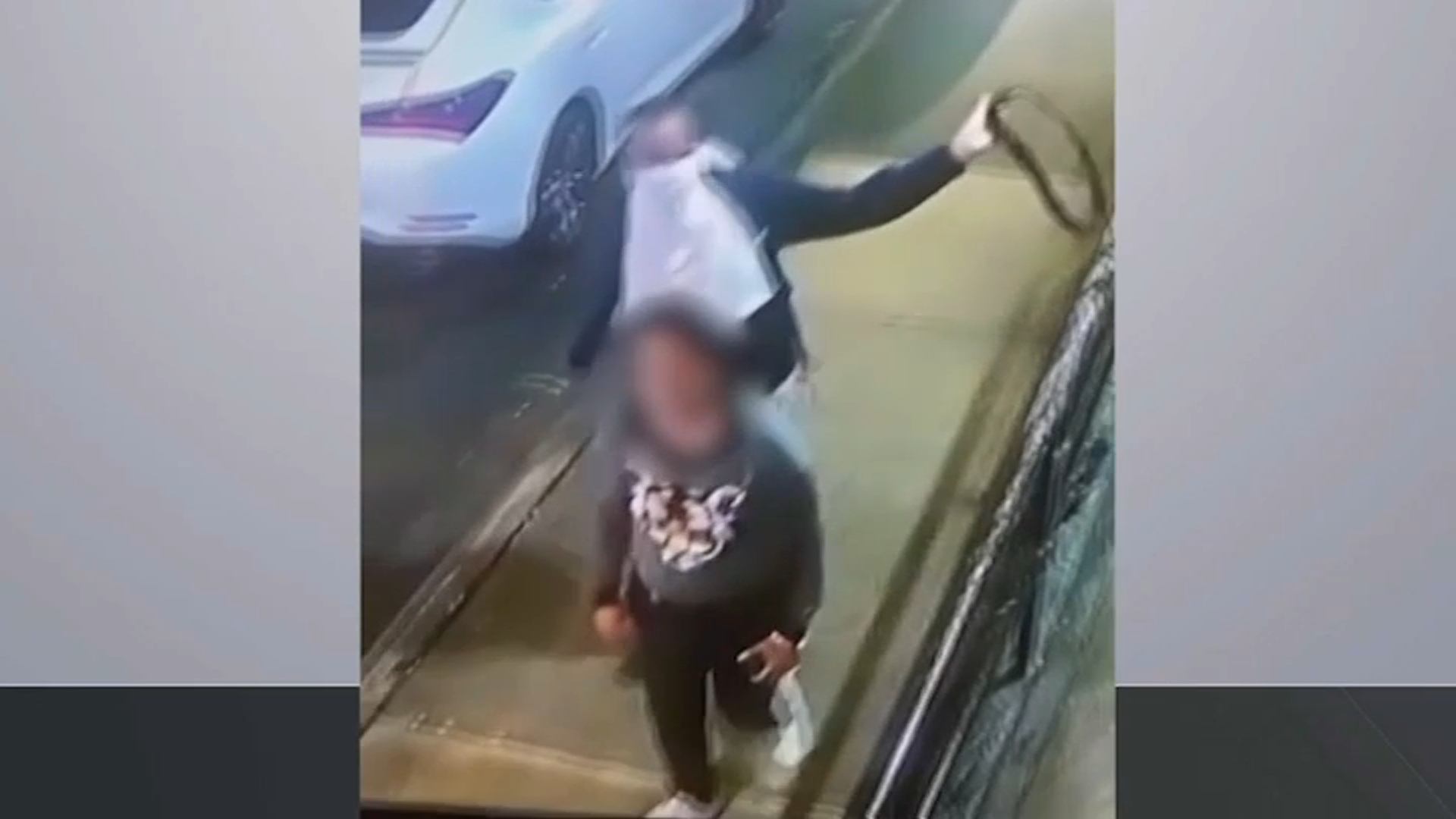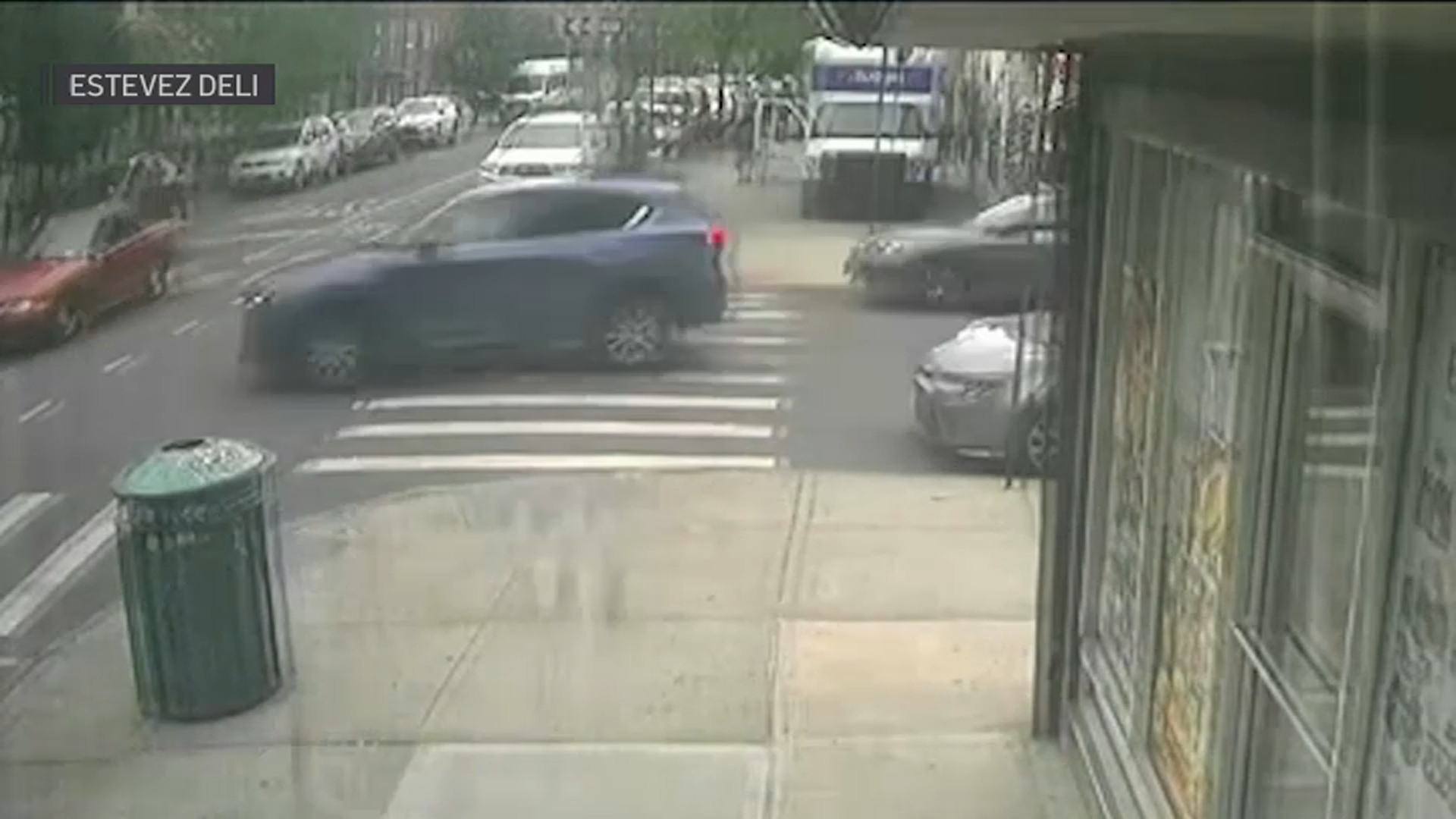New heights were reached over the weekend as the coronavirus took more tri-state lives and expanded its already rising infection rate in New York and New Jersey.
Gov. Andrew Cuomo delivered his state's latest numbers on Saturday, which not only showed continued growth in the spread of the virus but specifically reached a new high not seen since June. On Friday, New York's positivity rate hit 2.19 percent. The state's 7-day average is slightly lower, around 1.8 percent, according to the state's data.
Among the rising cases and alarming spread of infection, the state's death count has steadily increased as well. That count has stayed in the double-digits for the last week, with 18 New Yorkers reported dead from the virus the last two days.
New York, New Jersey and Connecticut have each seen varying degrees of success controlling the spread of COVID-19, but it hasn't been since the spring that all three have sounded simultaneous alarms of rising numbers.
On Saturday, both Cuomo and Gov. Phil Murphy said their states recorded more than 3,000 new daily virus cases on Friday. New Jersey reported 3,207 news cases while New York had an additional 3,587 positive cases.
Cuomo said Friday he'd increase National Guard presence at New York airports to enforce new COVID entry test requirements ahead of the holiday season, as he tries to fight back the state's biggest viral increases in months.
Acknowledging the aggressiveness of the measure, Cuomo said, "You should not land if you do not have proof of a negative test upon landing. I want people to know we're serious." While he did not provide details on how frequently travelers would be checked, the governor also said he had spoken with Mayor Bill de Blasio about enhancing NYPD presence to assist with the same.
News
Cuomo announced a sweeping new entry test policy a week ago, abandoning the previous quarantine list, as the country's surge continues unabated.
It requires travelers to provide a negative COVID test before traveling to New York and to take another one four days after they arrive. If that second test is negative, they need not quarantine for 14 days. New Yorkers returning from travel under 24 hours outside the state don't need to take a test before returning but must do so after they re-enter. In his initial announcement on the test policy, Cuomo had said failure to comply comes with mandatory 14-day quarantine. It wasn't immediately clear Friday if quarantine in lieu of a negative test remained an option.
Cuomo said airlines and the Port Authority are both assisting on the entry test front; the airlines are disseminating the information and the Port Authority is aware that travelers should provide evidence of the test upon landing. He also said officials can check with passengers' departure states to verify test results.
Daily Percentage of Positive Tests by New York Region
Gov. Andrew Cuomo breaks the state into 10 regions for testing purposes and tracks positivity rates to identify potential hotspots. Here's the latest tracking data by region and for the five boroughs. For the latest county-level results statewide, click here
Source: ny.gov
"We are now really threatened with a second wave in New York City," de Blasio said during his weekly radio segment on WNYC Friday.
A day earlier, he highlighted two new ZIP codes in Staten Island that he said were areas of concern. De Blasio said the city planned targeted and robust new outreach; he hopes a quick response would avoid the need for cluster restrictions.
The micro-cluster approach has proven an effective containment tool, Cuomo has said. On Friday, he said Queens' Far Rockaway cluster, which was recently moved to a yellow zone from a red zone, will no longer be considered a cluster zone, effective immediately. He downsized the Brooklyn red and yellow zones by 50 percent and added a new yellow zone, in Westchester County's Port Chester, which mandates weekly randomized school testing of staff and students. Rockland and Orange counties also saw restrictions ease to varying degrees.
Upstate New York is becoming an area of increasing concern; Cuomo said Friday at this point, the Buffalo Bills' stadium cannot open to fans with the numbers in western New York being so high (an infection rate that has nearly doubled from 1.5 to 2.8). The governor said he would study the most problematic counties -- Erie, Monroe and Onondaga -- over the weekend to develop a micro-cluster strategy for that area.
“In general, downstate New York is doing better than upstate New York, which is a total reversal from the first phase of COVID,” Cuomo said during a telephone briefing.
Despite the overall cluster progress, core COVID metrics are rising across the state, mirroring the trend seen in virtually every U.S. state. No state has been untouched by the latest surge, which has seen the nation smash its single-day case records at almost a daily rate over the past week and a half. That happened again Friday, when the nation topped 122,000 new cases, eclipsing its previous record, set just the day before.
The after-effects of the case increases are starting to become more apparent. Statewide, COVID hospitalizations are in the midst of a two-week stretch above 1,000 for the first time since breaking that streak in June. Friday's hospitalizations were the highest since June 17 (1,321). The daily death toll dipped a bit, to 18, after topping 20 for the first time in months Thursday, and while that's mercifully below the 800 New Yorkers who were dying a day in April, it's a disturbing sign.
Deaths lag increases in hospitalizations, which lag increases in cases. All are on the rise. Cuomo has said weddings, birthdays and other private gatherings have fueled the spread, on top of universities and schools opening their doors.
To that end, Cuomo announced on Friday that all SUNY schools would be halting in-person learning after Thanksgiving, in an effort to try and contain the spread, and "exit testing" will be conducted for students before they leave for the break. He may apply the same policy to private schools in the state, but was not yet ready to do so.
"Go to remote learning, and then we'll figure out next semester, next semester," Cuomo said.



